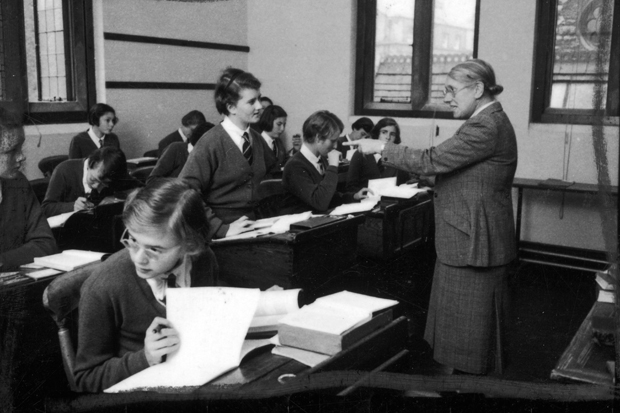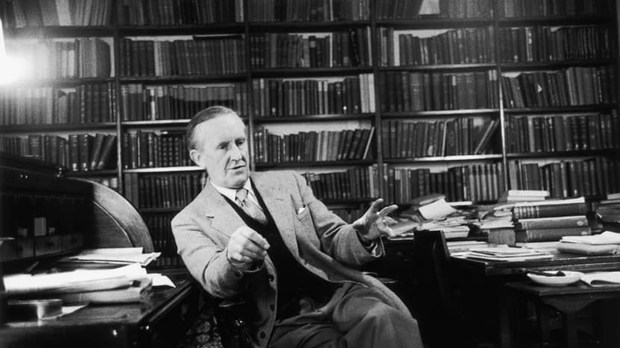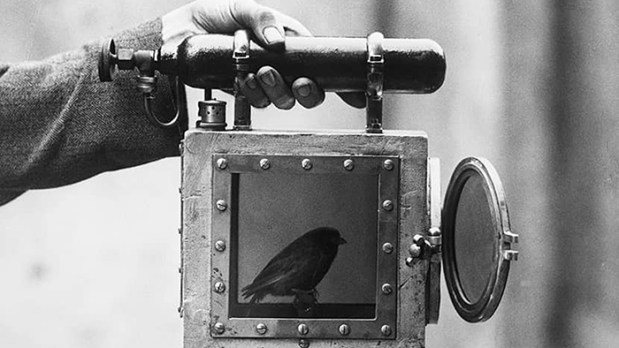If a single book could help you to be kinder and more compassionate, could expand and deepen your understanding of other people (and possibly yourself) and make you less afraid of dying in the process, you would surely be eager to acquire it at once. Well look no further, for Grief Works is that book. The King Lears among us — whose every third thought is the grave — will need no persuading that a collection of essays about surviving bereavement is an enthralling read. For those of a more timid or sunny disposition, ask yourself this: when someone you love dies, how will you manage?
The odds of avoiding grief are not in anyone’s favour. In Britain half a million people die each year and it’s estimated that each death affects at least five people. Julia Samuel is founder patron of Child Bereavement UK and has worked as a grief psychotherapist, helping grieving families, for 25 years. But there’s nothing po-faced about her:
I’m sure some would disapprove, but when I’m talking to someone who has had really bad news, I often swear a lot. ‘It’s really fucking terrible, isn’t?’… somehow swearing goes straight to the heart of how awful it is.
Nor does she toe the line, so beloved of Macmillan nursing, that people in denial about their own impending death need constantly to be reminded of it. Instead she is gentle, warm, wise and unexpectedly funny.
The central message of the book is that grief takes time. There isn’t a short cut round the back of it: you have to go through it to get out the other side. Samuel notes that at least 15 per cent of all psychological disorders have unresolved grief as their source. It’s surely at the root of countless cases of insomnia and alcoholism besides. At the very least it is isolating: ‘Grieving is lonely-making. All that missing, and wanting, and not finding can feel like excruciating loneliness.’
As with the essays of Oliver Sacks, much of Grief Works draws on case studies. Samuel looks at four kinds of bereavement: the death of a parent, a partner, a sibling and, most agonisingly, a child. There is a section, too, on facing your own death. Under each she describes the process of three clients, before concluding with reflections of her own. The book begins with a short piece on understanding grief and ends with a chapter under the loose heading ‘What Helps’.
What seems to help the most is allowing the bereaved to talk. ‘Really listening to someone is just as important as talking to them’, she says. The overriding premise is that, as she puts it, an examined death is as important as an examined life. ‘It is beginning to be recognised that it takes courage for people to show their vulnerability in the face of death and bereavement,’ she notes. Certainly the people whose stories she tells seem unbelievably brave. It is wonderful and miraculous to see how they change over the course of their meetings with her.
For friends of the grieving, Samuel advises patience and active support. Don’t leave vague messages saying you’re there for the person: take food round. Do simple things together, like going for a walk. Don’t cry too much or they end up exhausted from having to comfort you. Grief can manifest as grumpiness, so you may need to persist. If you say the wrong thing, ‘don’t run for the hills. Take a breath, be brave and say, “I’m sorry. I can see that what I’ve said has upset you.” That’s all it takes.’ What she calls promiscuous honesty is not a good idea; in other words, don’t rabbit on about how great your life is. Above all, don’t tell them to buck up and get over it.
Julia Samuel says she wants to
reach those who cross to the other side of the street, those who don’t look their bereaved friend in the eye, and do anything rather than mention the name of the person who has died. I’m not sure how to get to them, but if I could, I would say: acknowledge, listen and simply give them time.
This marvellous book shows how.
Got something to add? Join the discussion and comment below.
Get 10 issues for just $10
Subscribe to The Spectator Australia today for the next 10 magazine issues, plus full online access, for just $10.














Comments
Don't miss out
Join the conversation with other Spectator Australia readers. Subscribe to leave a comment.
SUBSCRIBEAlready a subscriber? Log in